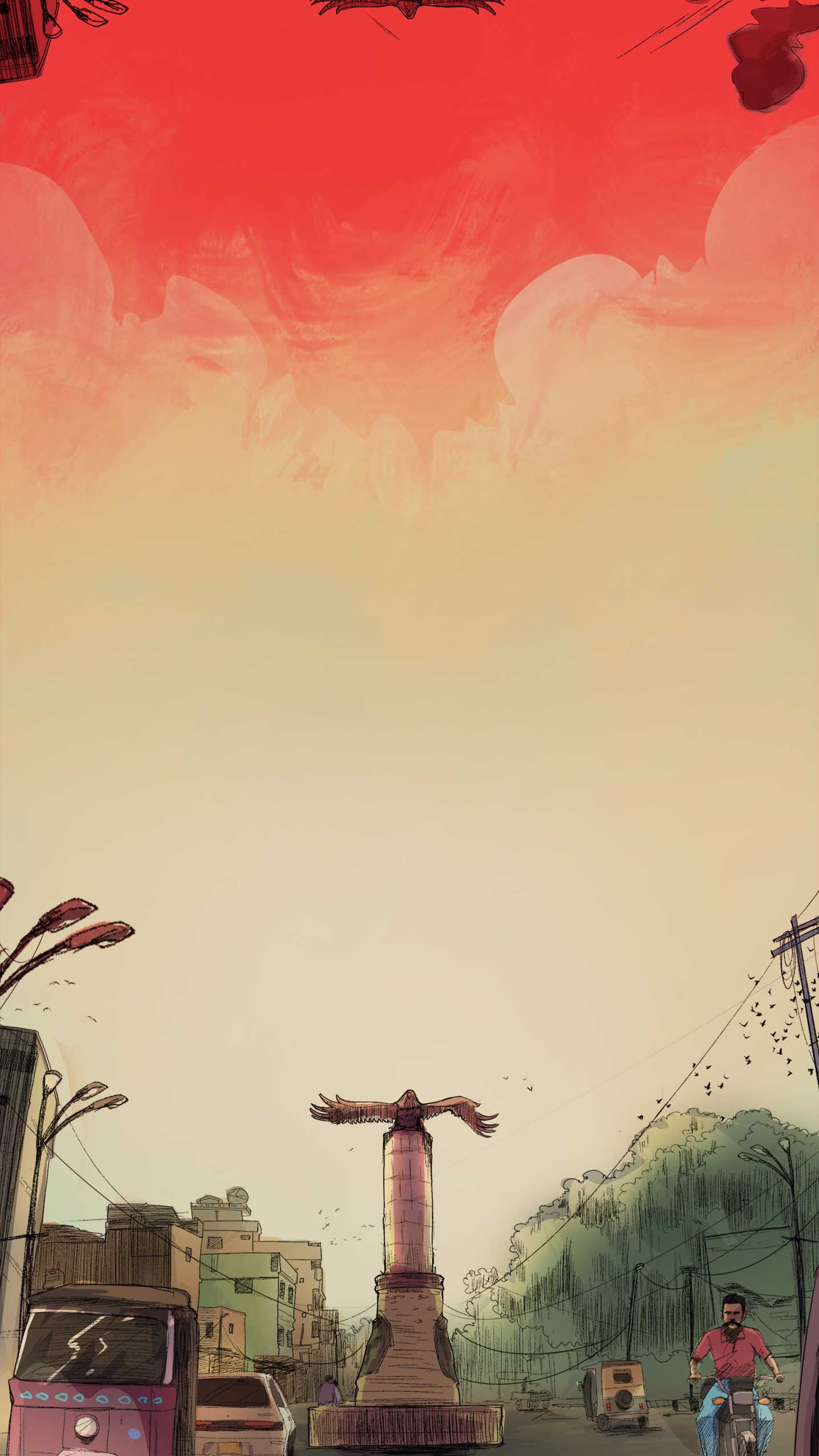
Shadowlands
A documentary about life after conflict in Lyari, Karachi
About the Film
One of the oldest settlements in Karachi, Lyari has been the site on-going violence between political parties, criminal gangs and law enforcement agencies since the early 2000s. Because of this, Lyari has been labelled as one of several ‘no-go areas’ in the city. However, residents of Lyari tell a different story, referring to this area fondly as 'Karachi ki maan' or the mother of Karachi.
While the conflict has gradually subsided since a state-led Operation was launched in 2013, this came with its own violence, with many residents losing family members to extrajudicial killings (‘encounters’). Many others are still in prison for alleged involvement in the gangs.
Shadowlands, which was supported by the Education, Justice and Memory Network (EdJAM), follows two residents of Lyari, Amna Baloch and Nawaz Laasi, both of whom have lost family members to gang violence and police encounters. Through telling their stories, Shadowlands sheds light on the on-going ramifications of violence and questions whether peace has truly been achieved for the people of Lyari.

The Main Characters
Amna Baloch
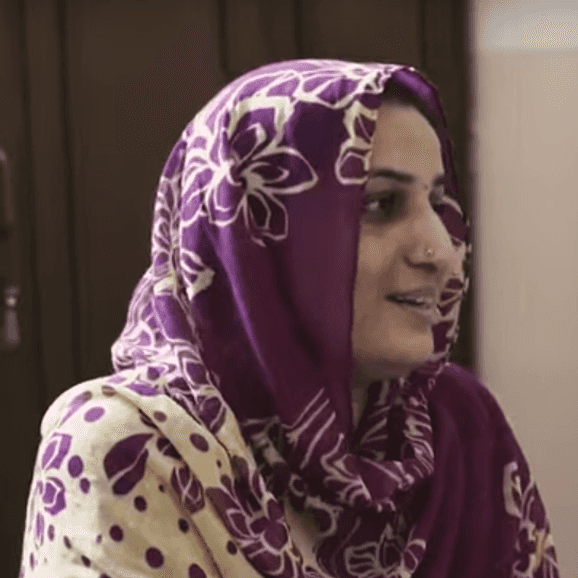
Amna Baloch is a committed activist who has been working for the protection of human rights for the Baloch people. Amna is also a single mother whose husband was killed in a police encounter in 2009.
Nawaz Laasi
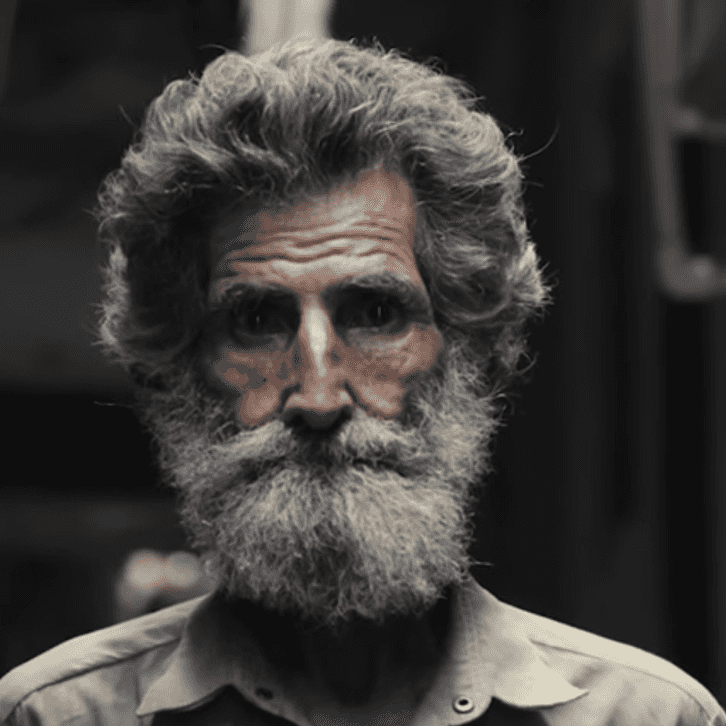
Nawaz Laasi is a retired government servant struggling to survive after enduring years of pain and loss. He has lost five sons during the conflicts in Lyari to police encounters and inter-gang violence.
Lyari
Located in Karachi’s district South, Lyari is a densely populated area of approximately 1.5 million. Lyari has been shaped by multiple waves of migration of people from across the Indian Ocean region. For this reason, it is one of the most diverse parts of the city and includes a significant Baloch population along with Kutchis, Sindhis, Punjabis, Pashtuns, Bengalis, and Muhajirs, amongst others. Lyari is also religiously diverse and is home to a large Hindu and Christian community as well as members of the Zikri community.
Lyari began as a fishing settlement in the 18th century. The population grew significantly during the period of colonial rule, when the British began modernising Karachi’s port and people began migrating in search of employment opportunities. Forming the largest part of ‘the native city’, Lyari was home to the working classes before Partition. It has been the site of labour organising and progressive and nationalist politics from the 1960s to the 1980s. However, shifts in Karachi’s economy and demography over the past three decades have meant fewer and fewer steady sources of work for Lyari’s residents, leading to high rates of under and unemployment.
Lyari has also been a base for a variety of criminal actors. While the early generation of Lyari’s criminals served as strongmen for local and national politicians during the 1960s, it was not until the appearance of Rehman Dakait (Rehman ‘the Bandit’) in the late 1990s that criminality and politics became more intertwined in the area. Rehman became increasingly aligned with the Pakistan People’s Party (PPP) as he became more powerful. His group was also involved in a gang war with a rival group headed by Arshad Pappu who was believed to be aligned with the Muttahida Qaumi Movement (MQM). This conflict raged in the area from 2004-2008, creating widespread insecurity amongst its residents and hampering social and political activities.
The gang war officially ended in 2008 with the creation of the People’s Aman (Peace) Committee (PAC). The PAC formalised the power of the gangs in Lyari, with PAC offices set up in most neighbourhoods of Lyari. After Rehman’s death in 2009 in a police encounter, Uzair Baloch took his seat. Uzair continued along the same lines as his predecessor. In September 2013, a rift occurred once again between the gangs, which divided Lyari’s neighbourhoods and led to widespread violence. Furthermore, the state launched an Operation in Karachi led by the paramilitary forces, the Rangers, targeting various groups in the city including the Lyari gangs. This Operation led to many arrests and encounter killings, and while the conflicts affecting Lyari have subsided, the area continues to be afflicted by drugs, unemployment and poverty. Hence, the roots of conflict remain.
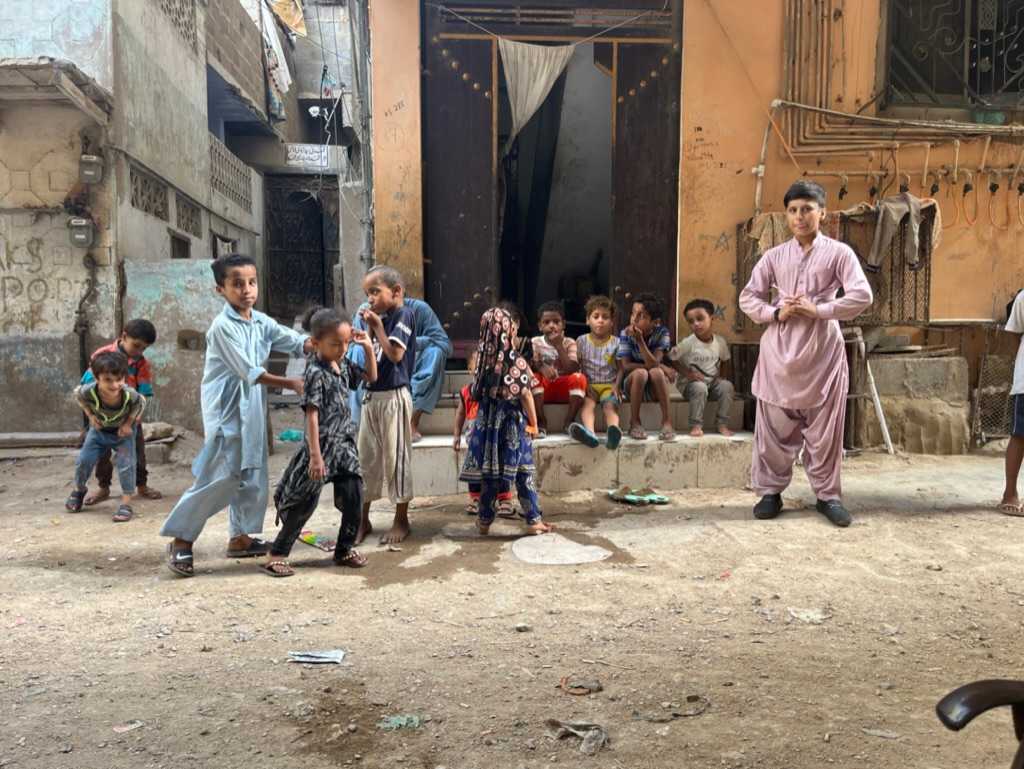
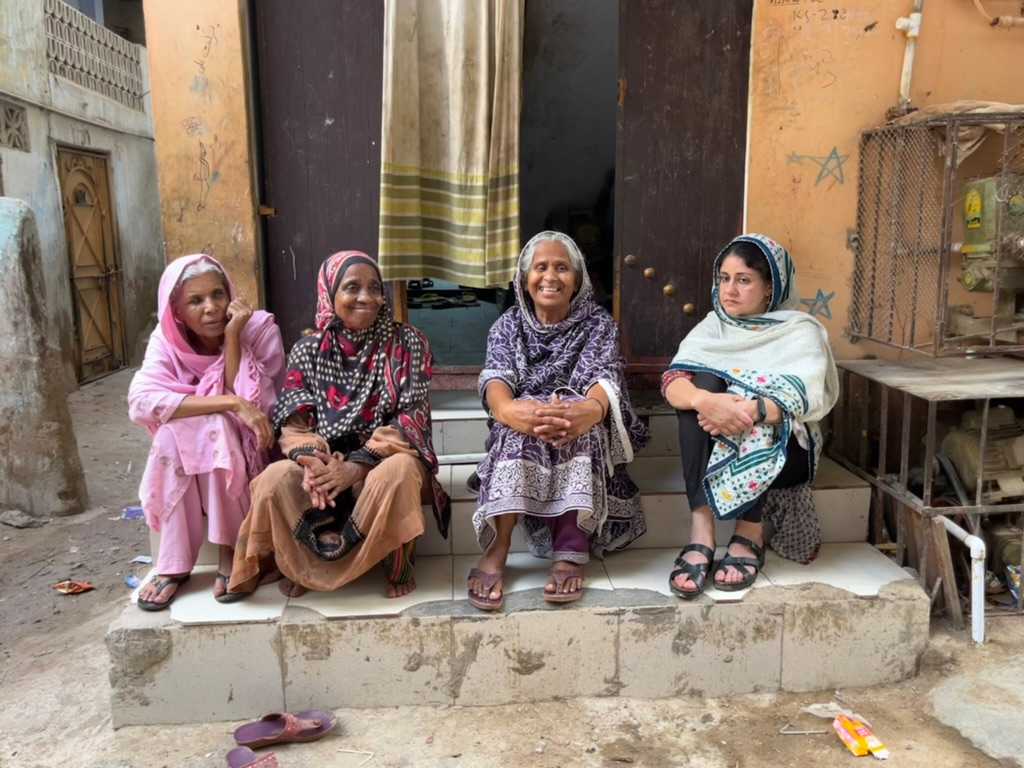
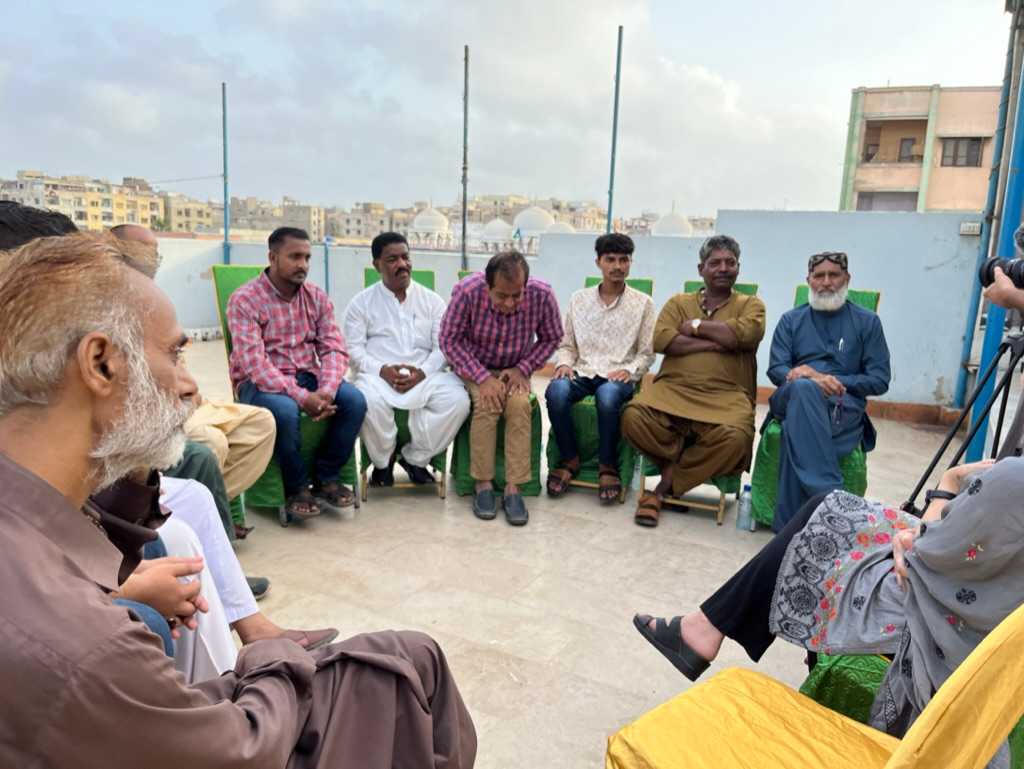
Making Shadowlands
While most residents of the area agree that Lyari is relatively peaceful as compared to previous years, no formal process of remembering or healing has taken place. One of the main aims of the documentary was to create a space for residents to share their experiences regarding the conflicts in the hopes that this would serve as a space to share grief, to reflect on whether peace has been achieved, and to identify the causes of violence. The documentary team visited several areas of Lyari and held focus group discussions (FGDs) with community members about their memories of the conflict. It was at one of these discussions that we first encountered Nawaz Laasi. While the FDGs did not end up in the final cut of the film, the stories that were shared by all who participated were extremely important and moving. We have shared excerpts of two of these discussions here.
Khadda
This discussion was held in the Khadda Market area of Lyari with a group of men representing various communities. The men talked about how the conflicts affected their own respective communities and how they tried to carry on with their social and political work despite the constraints they faced.
Mehr Ghar
This discussion was held at Mehr Ghar, a community-based organisation working particularly with youth in Lyari. Most of the participants were younger people who spoke about how the conflicts affected their experiences of childhood and their education.
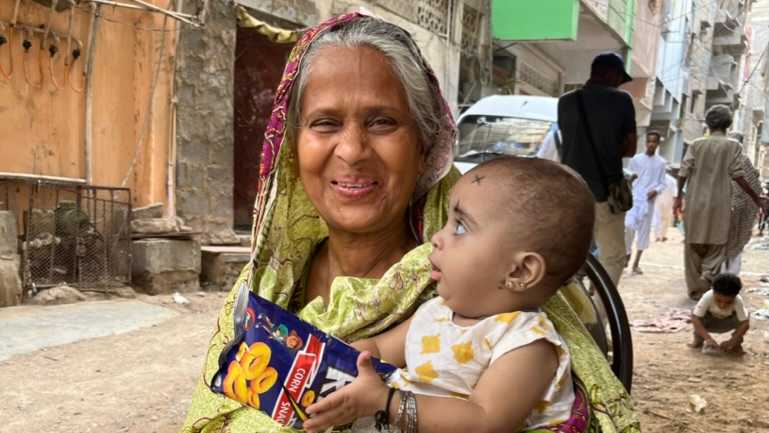
Naseema
Naseema, who worked as a domestic worker for much of her life, lost five of her sons in police encounters and inter-gang violence. She was extremely generous in opening her home and heart to us. In the end, Naseema’s story was not included in the film, but we would like to acknowledge her contribution. Sadly, Naseema passed away soon after the film was completed, and we join her family in mourning her loss.
Behind the Scenes
The Filmmakers
Nida Kirmani
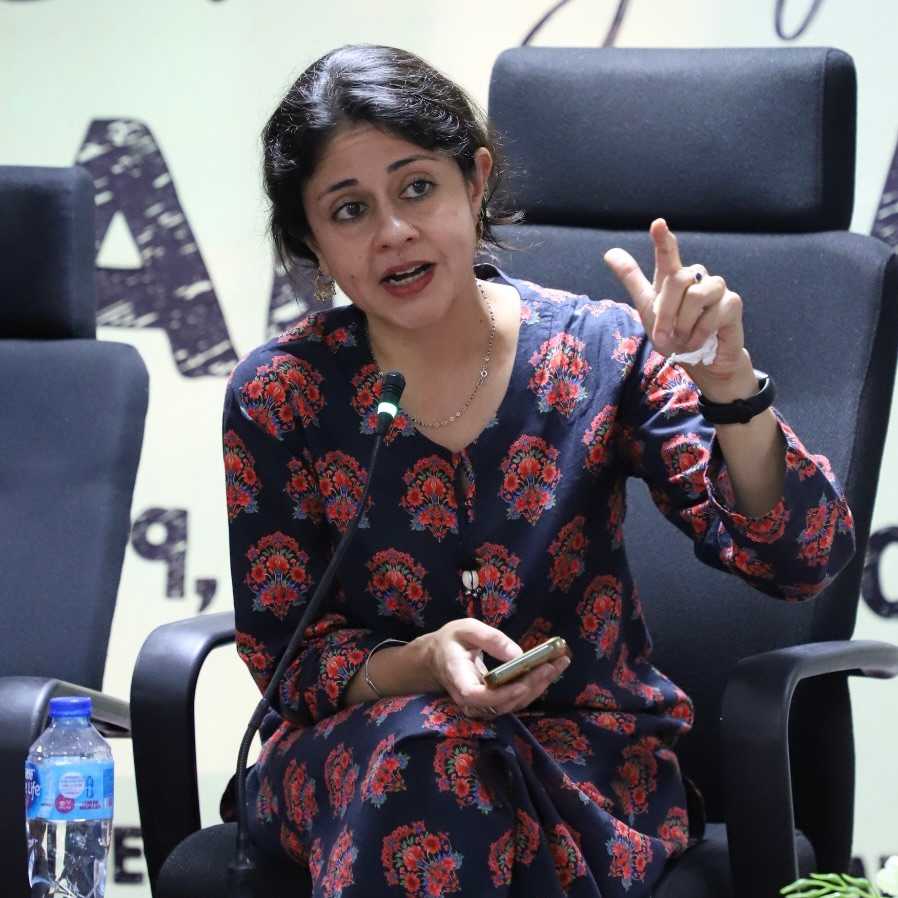
Nida Kirmani is Associate Professor of Sociology at the Mushtaq Ahmed Gurmani School of Humanities and Social Sciences at the Lahore University of Management Sciences. Nida is a feminist public intellectual who has published widely on issues related to gender, Islam, women’s movements, development, and urban studies in India and Pakistan.
Dostain Baloch
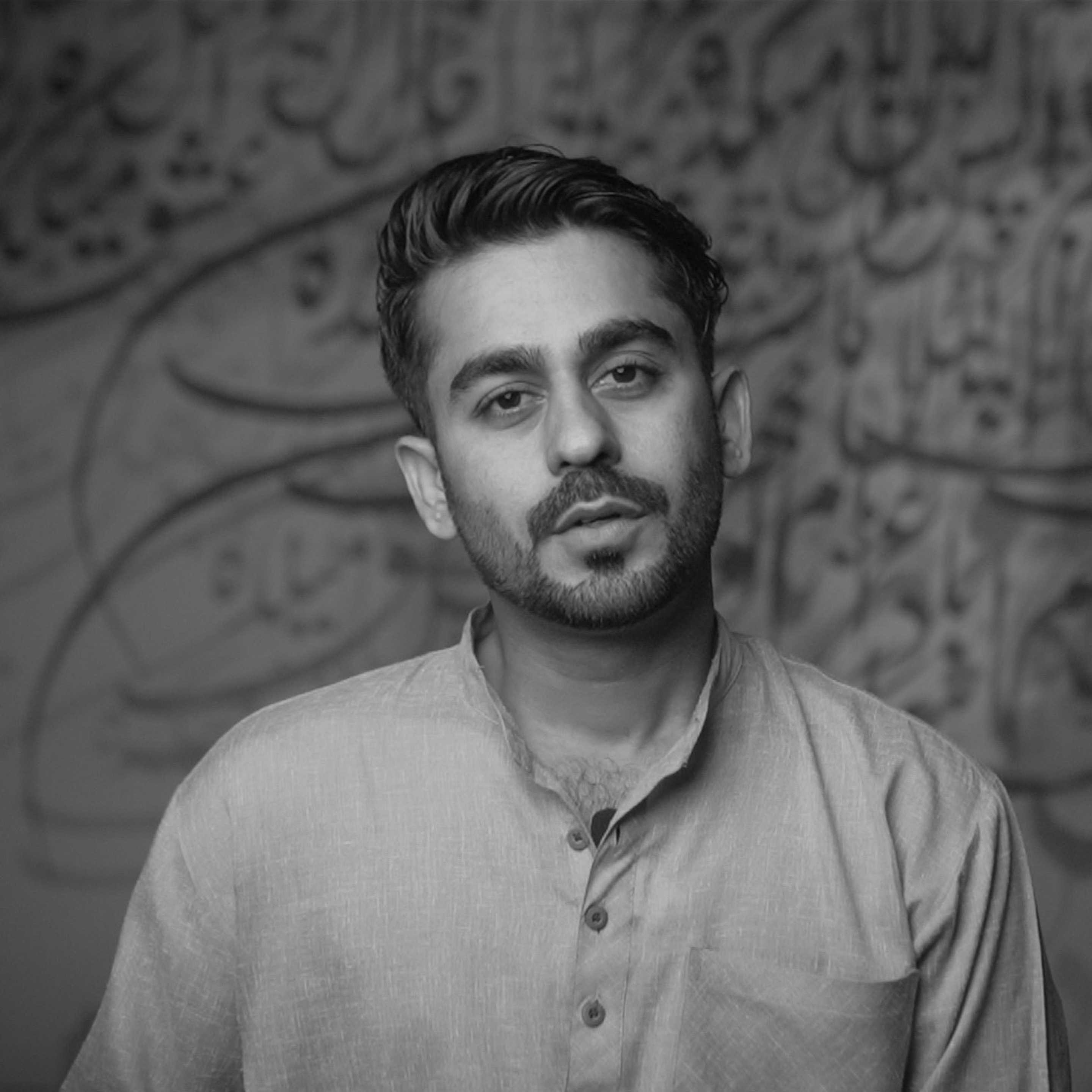
Dostain Baloch is an independent filmmaker and a screenwriter. He graduated from IDSP film school in 2014 and has been working ever since. Dostain has written several screenplays and has made five short films so far including his internationally-recognised short film Mirror of a Madman and documentary Don Akhbaar.
Husain Qaizar
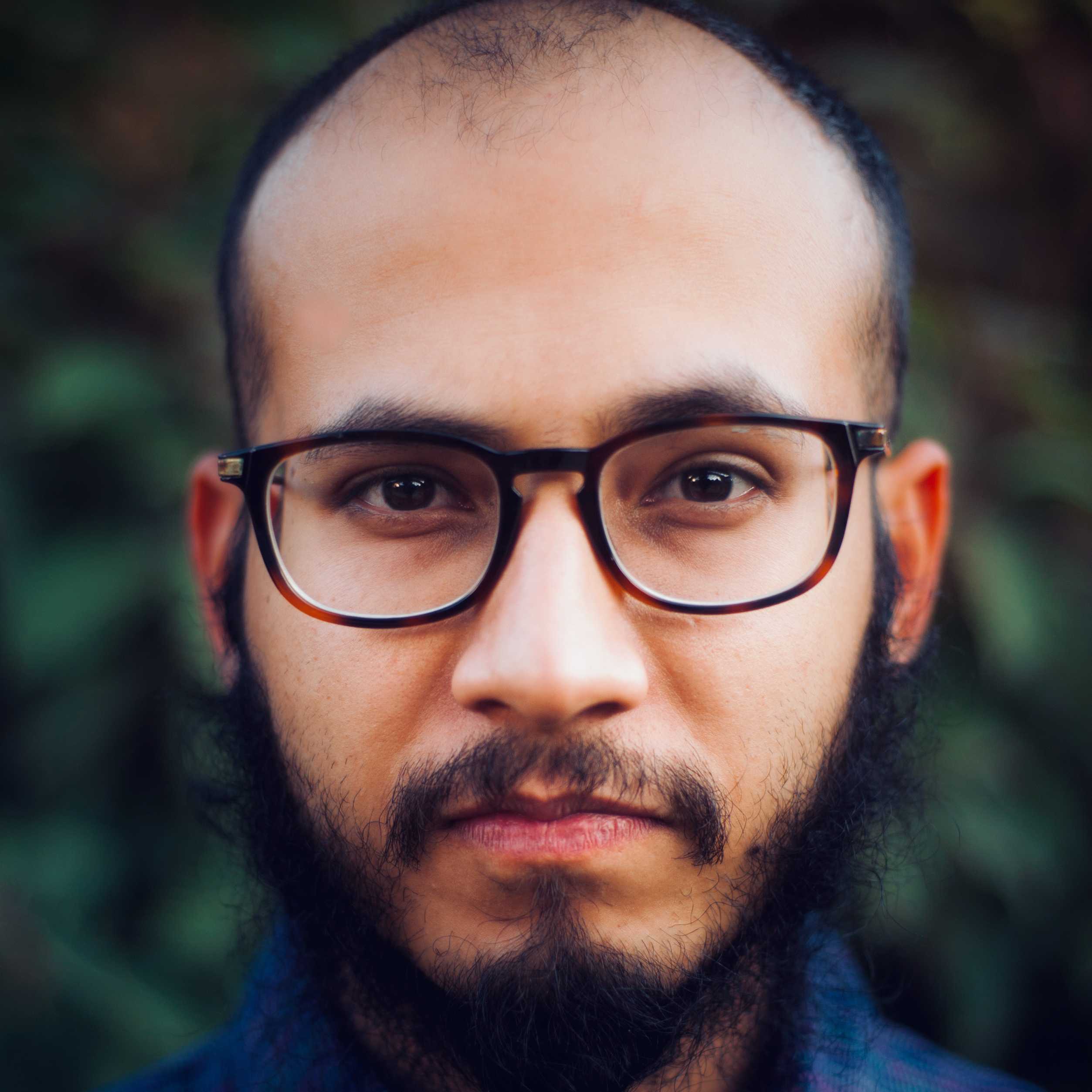
Husain Qaizar is an Emmy-nominated documentary filmmaker and editor known for his ability to capture the essence of human experiences through his storytelling. The films that he has been involved in have won an Oscar, nominated for Emmys, screened at Sundance, broadcasted on HBO and Channel4, streamed on Netflix, VICE, Al Jazeera, and commissioned or purchased by organizations such as Youtube Originals, Refinery29, TED, Redfish, CIR, The Atlantic, Lifetime, Chime For Change as well as global brands such as Pepsi and Coca-Cola.
Credits
Director
Dostain Baloch
Producer
Nida Kirmani
Editor
Husain Qaizar
Director of Photography
Dostain Baloch
Second Director of Photography
Shahzaib Baloch
Additional Camera
Abdul Ahad, Atiq ur Rehman
Drone Operator
Syed Farukh Shah
Original Music
A.H. Baloch
Sound Recordist
Tanveer Baloch, Shahzaib Baloch
Sound Mixer
Sameer Khan
Colourist
Husain Qaizar
Poster Design
Umair Khan
Contact Us
To host a screening of your own, or for media enquiries, contact us using this form or e-mail us on info@shadowlandsthefilm.org.